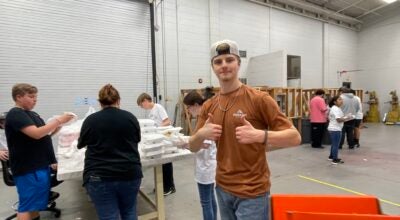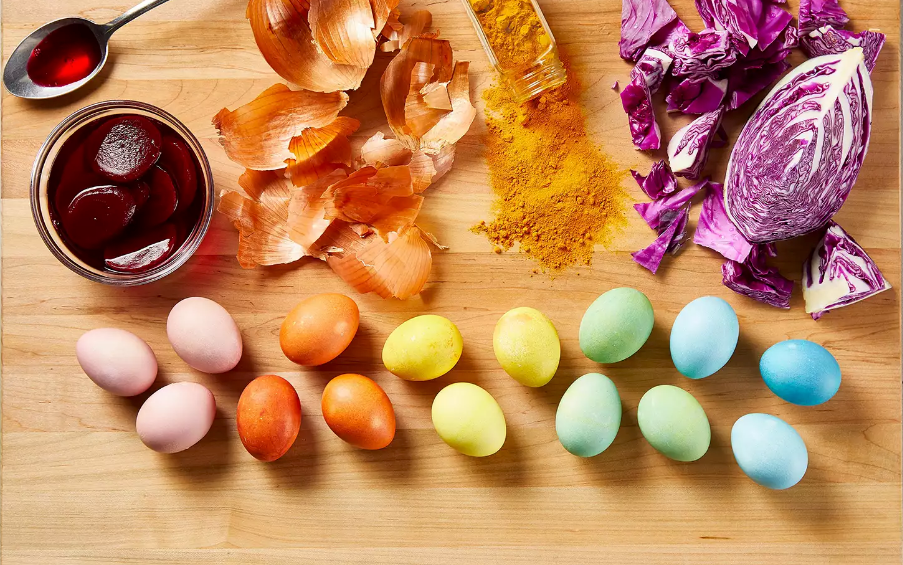The aftermath of Decatur County’s late freeze is a tough pill to swallow
Published 3:50 pm Friday, March 24, 2017
By Ty Torrance
You may have noticed that we experienced a late freeze event in the south, as I heard a few people talking about it. All of the publicity on the issue was well deserved because this freeze event was devastating to many growers. It was hard to watch the news come in from Decatur County and throughout the south as freeze damage was being assessed.
Crops affected in Decatur County included newly planted tomato, cabbage, sweet corn, field corn, and strawberries. Blueberries and peaches that already had fruit set were severely damaged. An early report from our peach agent suggested that Georgia lost 40% of this year’s peach crop, and states to our north lost even more. Blueberries in South Georgia saw 75-100% losses without overhead irrigation and 10-40% with overhead irrigation. During a freeze event overhead irrigation is used to prevent excessive fruit and flower damage. The process through which this technique works is interesting, but I will not bore you with the details in this article.
Our sweet corn and field corn plantings experienced sporadic damage. Some fields saw little to no damage while others will probably be replanted. There are many factors that influence the severity of freeze damage.
The lower areas of the field where the cool air settles can look worse, as well as, fields with poor soil moisture. Wet soil will change temperature slower that dry soil therefore acting as a temperature buffer. Corn can withstand freezing temperatures in many cases without a yield loss. The above ground foliage can be damaged by a freeze and the plant can recover. It will push new leaves out if the growing point is still under ground protected from the freeze, but in some cases the extent of the damage is too much to overcome.
Many of you probably saw significant damage in your landscapes as well. I had multiple calls reporting damage to fig trees that had already leafed out. I saw freeze damage on plants that are winter hardy like boxwoods. The boxwoods had a recent flush of young growth that was not equipped to handle the low temperatures. Pastures and hay fields that were beginning to break dormancy and start spring growth were set back again. This is true for many home lawns as well. The only good news to come from this is that many of the spring problem weeds we deal with were killed by the freeze as well.
I hope this article helped put into perspective the severity of the late freeze and the amount of time, effort, and money that our farmers lost.




